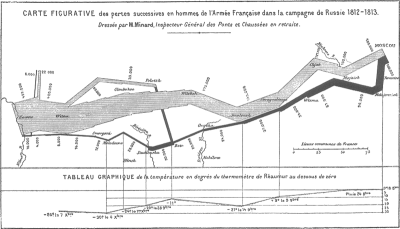make me think
i can't deny, i like that shit. not that i understand what they are actually trying to tell me when they speak about ultracold atoms or the atomic hanbury-brown and twiss effect. i can look it up, but i prefer the fleshy edition of wikipedia instead. and as caslav brukner and zeilinger did the work, there is a chance that wants to be used. just to suck it in, not bordering if what is said belongs to this or that school, is proper or not. as in my case it doesn't matter. i don't want to proof anything. at the moment i don't care about questions alike: how many versions of the same sentence exist and how many interpretations. i take the sentence, thanks, go back to my corner and chew on it. brainfood at its best, especially as i just feed myself with thoughts on information and knowledge. harvesting for future use. hah. what a luxury.
yet as time is a scarcity i still hope to get my hand on the documentation, need to read more of shimon malin, who speaks with such speed that to follow him is simply impossible; even the standby text version didn't help too much; but he left the message: read me.
who has time: there will be a public lecture on friday night at the academy of science: paul davis: how to build a time machine.
personally i would be happy to find a way to divide my presence.
... Link (0 comments) ... Comment
multiple memory systems
thinking of again.
The encoding specificity principle states that memory retrieval is best in conditions, both internal and external, that match encoding conditions the closest. The levels of processing theory suggests that deep, meaningful and elaborative encoding leads to the best memory retrieval later on.| cognitive neuroscience of memory
berkeley view of parallel computing landscape.
but also interesting to dig is what the industry thinks the memory market is heading at.
... Link (0 comments) ... Comment
still a beauty
charles joseph minard, from the polish-russian border to maskwa and retour.

the whole drama on one side.
napoleon begins his march on moscow with an army of 422,000 men. this is shown in beige. by the time he reaches his goal he has only 100.000men left. during the return journey, represented by a black line from right to the left, he sustains further losses as a result of the intense cold and the arduous crossing of ice rivers ... | paul mijksenaar
... Link (1 comment) ... Comment
Last update: 3/11/23 17:00
| febrer 2026 | ||||||
|---|---|---|---|---|---|---|
| dg. | dl. | dt. | dc. | dj. | dv. | ds. |
| 1 | 2 | 3 | 4 | 5 | 6 | 7 |
| 8 | 9 | 10 | 11 | 12 | 13 | 14 |
| 15 | 16 | 17 | 18 | 19 | 20 | 21 |
| 22 | 23 | 24 | 25 | 26 | 27 | 28 |
| novembre | ||||||
the brain does." (margaret boden) Mind As Machine. A History...
20 years since i met nils abramson and heard about...
the year 2000 . Intellectual Property in the Information Age...
was after all, the early days of Intelsat, when having...
makes one search again, along the lines given. brought me...
im ohr: ein interview mit verkühlter stimme. aufnahmedatum: 2016.
It's an amazing window on the early history of interactive...
werden in ihrer wortwahl aggressiv.
Mathematischen Erquickstunden, Dritter Theil, 1653 | https://archive.org/details/bub_gb_bGM_AAAAcAAJ

